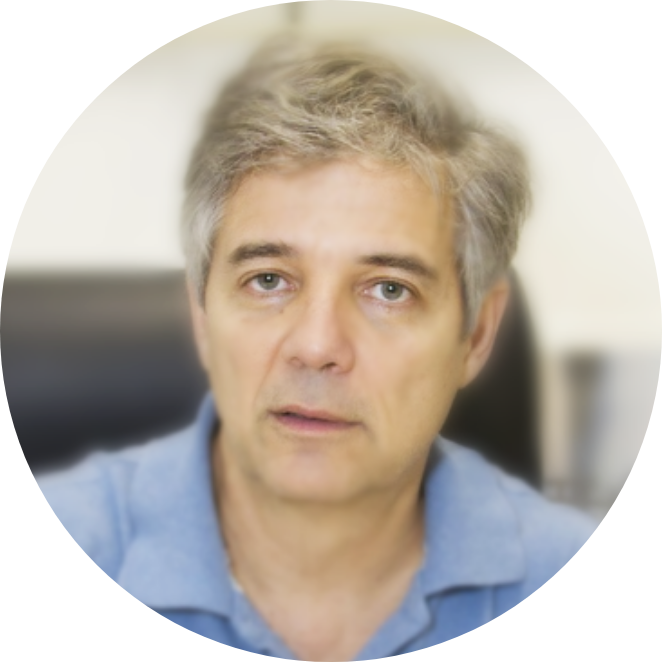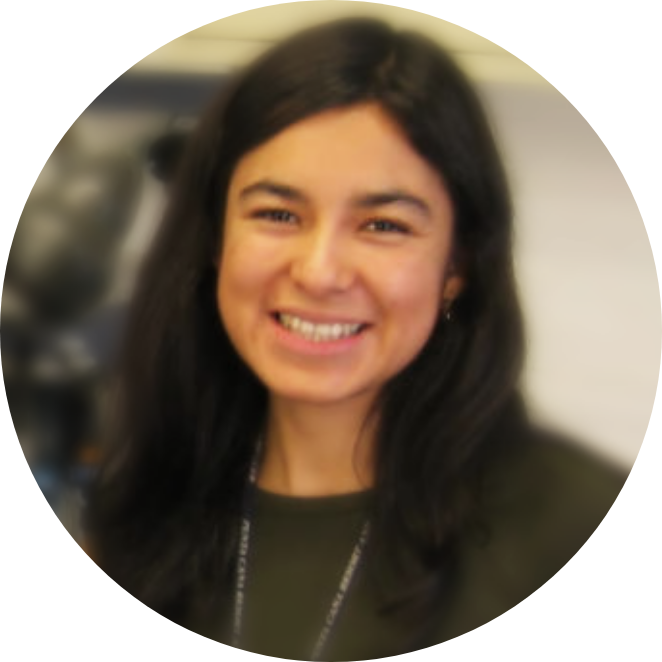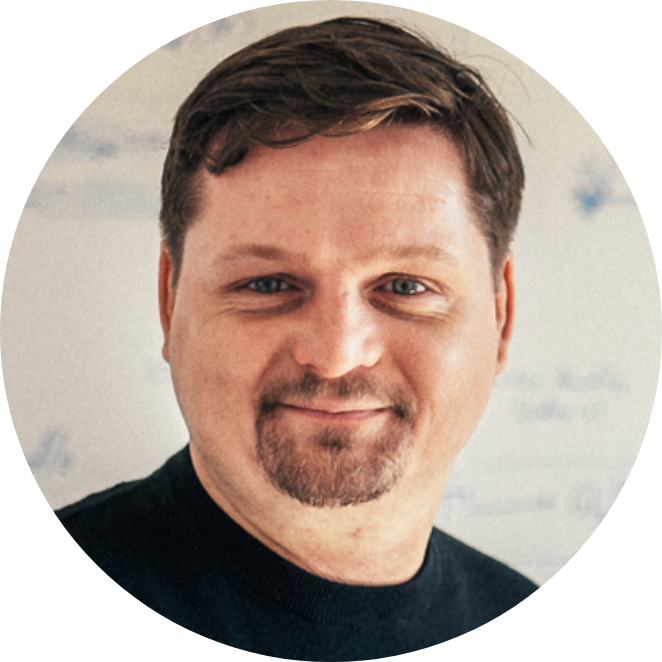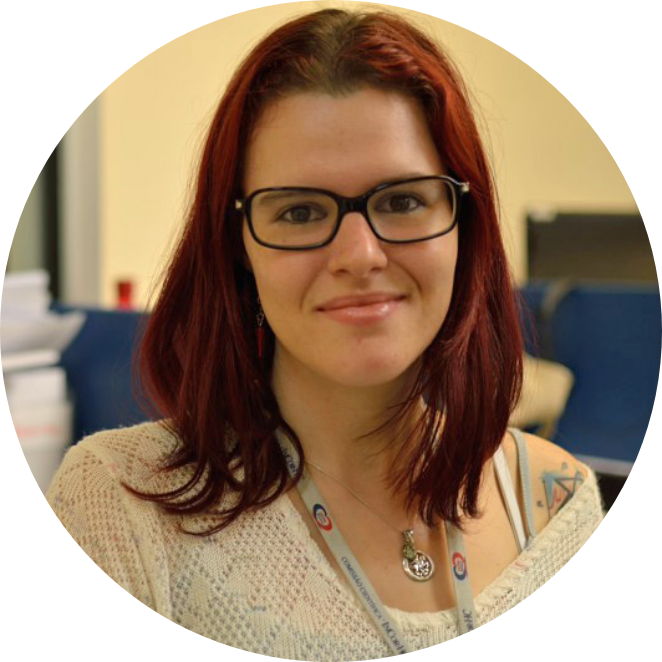Invited Speakers

Dr. João Carlos Setubal is a full professor at the Department of Biochemistry at the Institute of Chemistry at the University of São Paulo. He holds a Ph.D. in computer science from the University of Washington and was a professor and researcher at the Virginia Bioinformatics Institute and the Computer Science department at Virginia Tech (USA) and a collaborator professor at the Biocomplexity Institute at Virginia Tech. He is a former coordinator of the Graduate Program in Bioinformatics at USP. His main area of expertise is bioinformatics. He works with analysis of the information contained in genomes (DNA), transcripts (mRNA), and proteins, and how this information can be used for a better understanding of organisms and their evolutionary histories. His research can contribute to areas of interest to society such as medicine, agriculture, energy, and the environment. His research group develops and uses computational tools for various tasks related to the above objective handling large volumes of data.
More information at http://www.iq.usp.br/setubal.

Dr. Angélica Cibrián Jaramillo is a post-doctoral researcher at New York Botanical Garden’s Genomics Lab of the American Museum of Natural History. She holds a Ph.D. in Ecology & Evolutionary Biology from Columbia University, working on the landscape genetics of understory palms of the genus Chamaedorea in Mexico and Central America. Her research focuses mainly on the conservation genetics of economically important plants and the phylogeography of their insect pests. She studies the population genetics of agricultural pests such as cycad scales and avocado and cactus weevils to understand the processes that govern their adaptation to their plant host. She is also a member of the New York Plant Genomics Consortium investigating the genome evolution of seed plants using phylogenomic tools. She has also been involved in environmental policy, working at the Bioversity International institute in Rome and biodiversity education, and is a member of the IUCN Cycad and Palm specialist groups.
More information at https://www.amnh.org/research/staff-directory/angelica-cibrian-jaramillo

Dr. Marc Hellmuth is an associate professor at the Department of Mathematics at the Stockholm University. He obtained his Ph.D. in computer science from the University of Leipzig. He had frequently worked abroad as visiting researcher (Yale University, USA; University of Leoben, Austria; Vienna University of Economics and Business, Austria; University of Southern Denmark; Université de Montréal, Canada; PICB, Shanghai and Nankai University, Tianjin, China; University of Ljubljana, Slovenia). His work is highly interdisciplinary and comprises topics in mathematics, computer science, and bioinformatics. His research focuses on the mathematical characterization of data and structures and the design of efficient algorithms as well as complexity theory. In particular, the development of mathematical theory and algorithms to help understand complex life sciences processes are one of his main interests. His research topics include data science, mathematical and computational life sciences, discrete mathematics (combinatorics, optimization and (hyper)graph theory), algorithm design, and complexity theory.
More information at https://marc-hellmuth.github.io

Dr. Deisy Morselli Gysi is an associate research scientist at the BarabasiLab at Network Science Institute – Northeastern University and a research trainee at Channing Division of Network Medicine (Harvard Medical School / Brigham and Women’s Hospital). She obtained her Ph.D. in computer science from the University of Leipzig. She worked as a bioinformatician at the Heart Institute of the University of São Paulo, where she worked with co-expression networks, investigating the influence of SNPs on the networks. She also worked at the Albert Einstein Hospital as a statistician consultant. She is interested in biomarker discovery for complex diseases related to auto-immune response (rheumatoid arthritis and inflammatory bowel disease), mental disorders (autism spectrum disorders, bipolar, schizophrenia, PTSD), and senior disorder (Alzheimer and Parkinson). She is also interested in drug repurposing for those diseases, mostly using a combination of multi-omic, machine learning, and network analysis approaches. During COVID-19 pandemics, she focused on repurposing drug candidates for treating this disease.
More information at https://deisygysi.github.io
